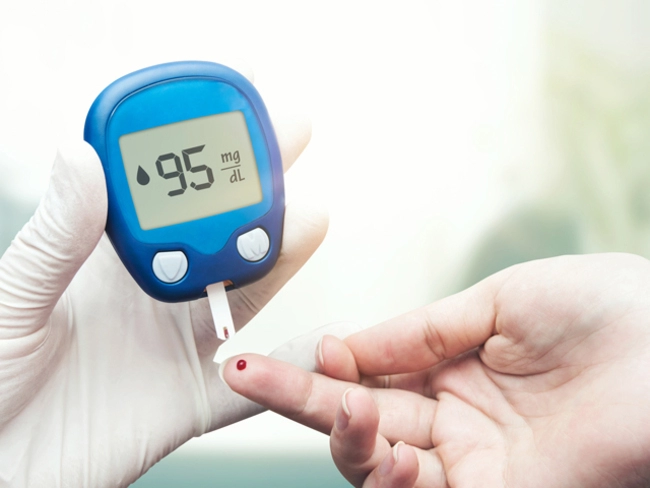Diabetes affects more than just the blood; it affects the entire body. By taking care of yourself daily, you can manage your diabetes and live a long and healthy life. You can control your diabetes by developing a diabetes self-care plan with the assistance of your doctor. The primary goal of Southaven diabetes management and control is to rebuild carbohydrate metabolism to normal as much as possible. To achieve this goal, people with an insulin deficiency need insulin replacement medication administered via injections or an insulin pump.
Conversely, insulin resistance can be treated with dietary changes and exercise. Since all of your internal systems are interrelated, issues in your blood can easily cause problems in other parts of your body. That is why people with diabetes are more prone to these problems:
Kidney failure
Diabetes is a primary main reason for adult kidney failure in the United States, accounting for nearly half of all new cases. Kidneys that are in good health perform various essential functions. They filter your blood, maintain fluid balance, and produce hormones that help your body control blood pressure, maintain bone health, and produce red blood cells. If you have kidney failure, your kidneys no longer perform their vital functions and keep you alive. There are usually no signs of early diabetes-related kidney disease. It can cause swelling in your legs and feet later on. Drugs that reduce blood sugar and blood pressure (even if you do not have high blood pressure) can reduce your chances of kidney failure by 33%.
Foot problems
Diabetes foot issues are severe and, if left untreated, can lead to amputation. Nerve damage can impair feeling in your feet, and high blood sugar levels can impair circulation, making it more challenging for sores and cuts to heal. That is why it is critical to notify your doctor if you notice any changes in the appearance or sensation of your feet.
Heart issues
Diabetes increases your risk of having heart disease. This is also known as cardiovascular disease (CVD) or coronary disease, and it can result in heart attacks and strokes. If you have high blood sugar levels for an extended period, even slightly elevated, your blood vessels can become damaged, resulting in severe heart complications. Your body cannot adequately use all of the sugar, so more of it sticks to your red blood cells and accumulates in your blood. This accumulation can clog and damage the blood vessels that carry blood to and from your heart, depriving it of oxygen and nutrients.
Nerve damages
According to the American Diabetes Association, approximately half of all people with diabetes have nerve damage, known as diabetic neuropathy. Diabetes can cause a variety of neuropathy symptoms. Peripheral neuropathy can impact your hands and arms and your feet and legs.
Gum disease and other oral health issues
An increase in sugar in your saliva can be caused by too much sugar in your blood. This introduces bacteria, which produces acid, attacks your tooth enamel, and harms your gums. Also, blood vessels in your gums can be damaged, increasing the likelihood of gum infection.
It is crucial to recall that diabetes is not a death sentence. It is a condition that can be greatly improved by making positive and healthy lifestyle choices. Call Desoto Family Care Clinic or book an appointment online to learn more about diabetes management.





